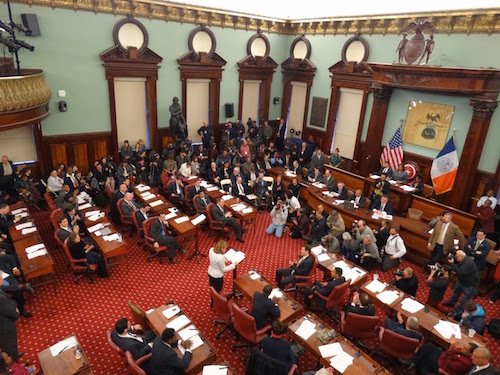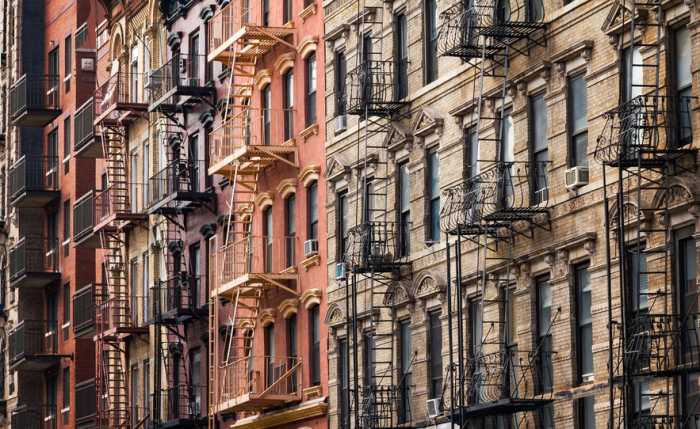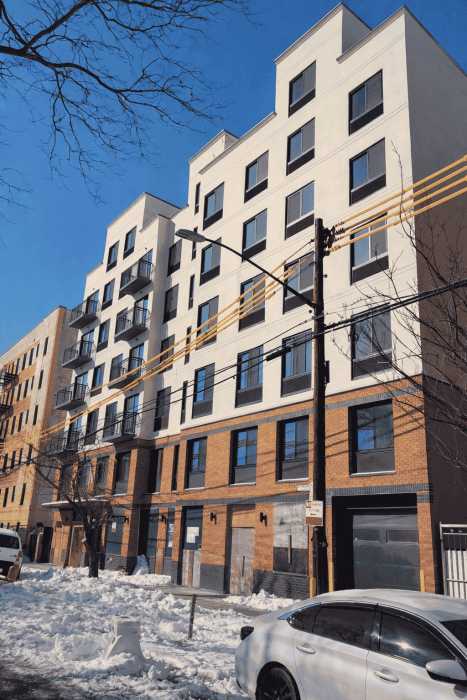The New York City Council last night passed a $101.1 billion Fiscal Year 2023 budget. The vote was 44-6.
It comes in $2.4 billion more than last year’s $98.7 billion budget, making it the largest spending plan in the city’s history.
“This Council secured historic reforms, bringing greater transparency to ensure communities are being met with the services they deserve,” said Speaker Adrienne Adams (D-Queens). “By stepping into our budgetary powers to hold agencies accountable and strengthening oversight, we will uplift the priorities of New Yorkers and advance an equitable recovery for all.
The budget includes many of the Council priorities to invest in communities to make New Yorkers safer. These include expansions of key youth programs, increased city funding for schools, expansion of housing access programs, a property tax rebate for working and middle class homeowners, funding for parks and sanitation services, and investments in community safety programs.
The Council also ensured fiscal responsibility by curbing the growth of wasteful criminal justice system spending. It largely held the New York Police Department (NYPD) budget flat compared to the FY 2022 adopted budget by finding savings of $65 million from the executive budget ($5.59B) to the adopted budget ($5.53B).
The minimal year-over-year increased expenditure was driven by non-discretionary commitments from existing labor agreements.
The Council also eliminated the Executive Budget’s proposal to increase the Department of Correction (DOC) headcount by 578 positions at a time when agency staff are chronically absent and conditions have worsened at Rikers Island, with a federal judge threatening to place it in receivership.
Despite the minimal increase to the police department and cuts to the criminal justice system, Mayor Adams praised the passage.
“We were able to achieve an early adopted budget because we leaned into areas of agreement, rather than disagreement. With upstream investments to promote public safety, give young people real opportunity, support our human and legal services providers, offer relief for working families, improve our public spaces, boost affordable housing, combat food insecurity, and so much more, this budget promotes an equitable recovery for New Yorkers throughout the five boroughs,” said the mayor.
The six nay votes came from the far left progressive wing of the council.
“After months of good-faith negotiations between the City Council Budget Negotiation Team and Mayor Eric Adams, an agreement was reached on the Adopted Budget. While the $101 billion plan includes much to be happy about, it lets down too many New Yorkers, particularly those in my district of Bedford-Stuyvesant and North Crown Heights. My vote on the budget is ‘No.’” said City Council Member Chi Osse.
Among the losers in the spending plan was the Department of Education, which saw its budget cut $215 million from the public schools budget following enrollment declines. Counting a cut in federal pandemic-related aid, the DOE had a total cut of about $600 million.
Overall the DOE budget will be about $31 billion.
In human services, the council approved $19.8 million for mental health services including $19.3 million to increase mental health support and outreach for the homeless. The other $5 million went to the Mental Health Continuum to help students with significant mental health challenges access direct mental health services in school and connect students to other services throughout the city.
The spending plan also included a new Speaker’s discretionary funding initiative that provides each council member with $100,000, or $5 million, to invest in holistic safety by supporting local community safety programs. The funding recipients will be chosen by the local council member, and can be distributed to youth, housing support, health, mental health or other local programs that strengthen communities, or victim service providers.
The budget also included $90 million in a property tax rebate to working and middle-class homeowners, which will see these homeowners pocket $440 in combination with a state rebate.
The council also added $750 million to the Rainy Day Fund, which in total now stands at $1.95 billion. The legislative branch also added $500 million in FY 2023 in general reserves for a total of $1.6 billion and $200 million in FY 2024 – 2026 for a total of $1.2 billion in each year to protect against drastic cuts.









